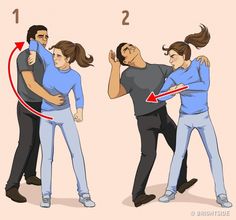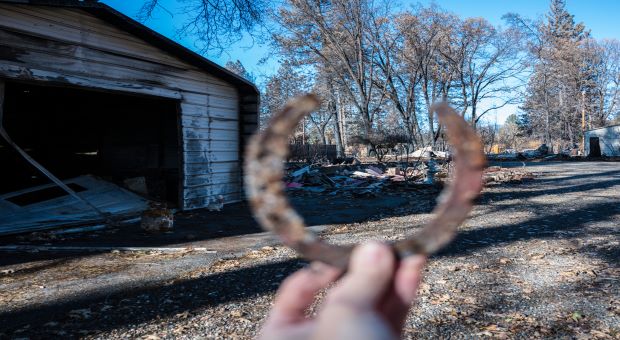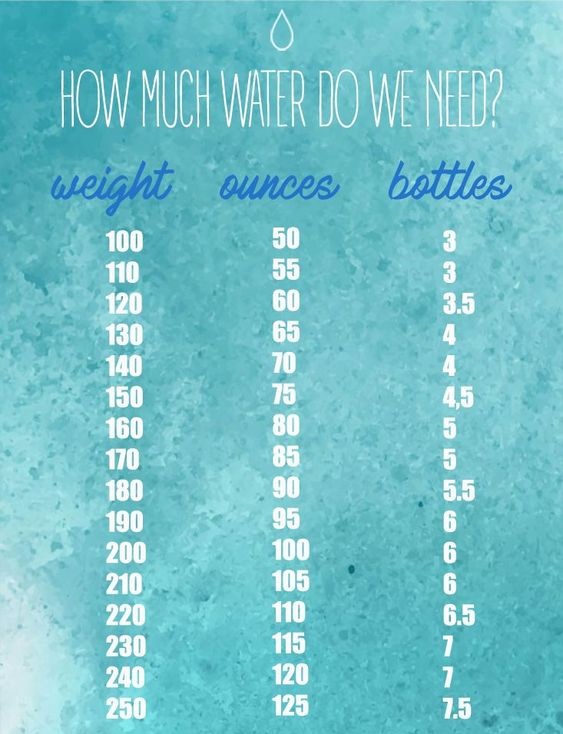Before you end up growing a sustainable garden or establishing a bartering system with other survivalists, you must survive the first week on your own.
If our power grid crashes or if your hometown gets hit by a blizzard, normal living conditions will be disrupted, and surviving week one post-SHTF will become a challenge.
In some cases, help will likely come, but we shouldn’t take that for granted, and there’s no guarantee that a relief plan will unfold as initially established. To survive the first week you will have to rely on your prepping plans, and there’s no doubt about it. This doesn’t have to be expensive or difficult, and you just need to plan in advance and organize properly.
The harsh reality in today’s world is that many Americans don’t have a bug out location (or safe haven) to go to. Not to mention that keeping a household is already a challenge for most of them. For these people and many others, leaving their home is their last resort.
Since in some cases, you may have more or less than 24 hours to evacuate and take your chances on the road, you have to be prepared to do so. When that bugging-out time-frame comes to an end, you might as well hunker down and make it last as long as you can.
One of the major mistakes of emergency preparedness that people make is to worry about and preparing for long-term survival. They do so without taking into account their immediate needs and how they can cover them. You can’t think about long-term survival if you can’t even make it past week one.
Not to mention that you will manage to understand what you have to deal with, only after the first week has passed. To give you an example, many Californians that are now without power understood that they need a power generator after they manage to go without electricity the first week. And these are the people that weren’t affected by wildfires directly. Some even waited for two weeks to figure out what to do next.
I’m not going to debate here that, if you live in California, you should have a bug out plan and that a generator is a must, this should be common sense by now. However, you can learn a thing or two about the pattern most people follow when faced with such a scenario.
To survive the first week, here are the essentials you should cover:
Vital medicine
Unfortunately, we are one of the nations that gets sicker and sicker, year after year, even though we have high standards of living. Most Americans need vital medicine in order to survive. Health conditions such as diabetes, heart disease, and respiratory affections are disturbing the lives of many people. Some of them rely on medicine just to make it through the day.
If you happen to be one of the people that require such medicine, you should make an assessment of what medication you need and lay in an extra month. Some insurance companies won’t cover it, but your doctor should be supportive if you explain the reasons why you need to stockpile medicine. He or she should be able to give you a separate prescription of a month’s worth of medicine if necessary. If they don’t listen, I think it would be a good time to change your doctor and get someone who cares about their patients.
Since medical aid won’t be available for everyone, it’s better to have a complete first aid kit, and you should keep it close, together with your vital medicine.
Think about your eyesight
This is one of the most neglected preps, and few people have a plan B when it comes to their eyesight. Many Americans over 40 need readers, and if you happen to be one of the people that need glasses due to various reasons, you should always have an extra pair of glasses (or contacts) and keep them in a place where they are easily accessible.
My wife keeps an extra pair with her at all times, regardless if she’s at the office or if we go on vacation. If you wear contact lenses, I recommend picking those that can be worn for up to 30 days without requiring cleaning or replacement.
Staying hydrated
As humans, we can live for up to 30 days without food, but going more than 3 days without water is impossible. In any SHTF scenario, the time and place play an important role in how you are going to deal with the lack of water.
Storing water is a good practice not only for preppers but for every American family. Even if you have access to a potable water source, you shouldn’t take it for granted, and you should think of ways to purify the water in case it gets contaminated. I can tell you from experience that a Berkey water filter is worth is weight in gold in a prolonged emergency. It can turn any wretched bilge drinkable.
To stay alive long enough to plan for long-term survival, you need water, and chances are you may need plenty of it for various survival purposes. Gathering water or finding ready to drink water sources may be easy for some, but purifying the water may be a completely different story. Always make sure you have ways to purify water and don’t cheap out when it comes to this emergency preparedness plan.
Stay out of the dark
Finding your way in the dark is a hard and dangerous action without a proper light source. Many families have already a flashlight in their home and a dozen batteries. However, is that enough for your needs? The way I see it, every family member should have a flashlight and the way to power it without struggling.
A quick note here: Many batteries need to be rotated if you want to keep them fresh. They can be depleted rather quickly due to various factors. They have a discharge rate even if you don’t use them.
I recommend sticking with solar or crank lamps for lighting and rechargeable batteries for your other needs.
As I said before, having a generator is ideal during a blackout, but for this to work, there are other factors to consider. You need to calculate your power and fuel needs, and you need to learn how to use a generator without putting others at risk. Not to mention that you being the only one with power in the neighborhood, will attract other survival like moths to a flame.
Plan for your local weather
I kept stressing the “know your region” topic and somehow it always finds its way back to me. You need to know your region, folks! This is a must regardless if you plan for short-term or long-term survival. Your region is known for certain weather patterns, and there are historical records for it. You need always to have a backup plan to stay warm or to cool off. If the power goes out and your furnace dies at 40 below, you will freeze in less than an hour.
The problem with the weather is that most people believe it becomes a problem only during long-term survival. They seem to forget that even experienced campers can succumb to hypothermia due to a single, unnoticeable mistake. Hypothermia kills even in “warm weather” and you should take this seriously. You can’t predict the weather, and you won’t be able to control its actions, you can only prepare for it.
Think about self-defense
 This is a sensitive topic, and I honestly don’t care about your opinion on gun control. This is not about that topic. However, what I can tell you is that when things go south, and people are fighting over a can of food, you will need to have ways to defend yourself.
This is a sensitive topic, and I honestly don’t care about your opinion on gun control. This is not about that topic. However, what I can tell you is that when things go south, and people are fighting over a can of food, you will need to have ways to defend yourself.
All sorts of conflicts and altercations may arise even from the simplest things, and people will go to extremes to have their ways. Emergency situations have a pattern of bringing out the worst in people, and desperate times will create desperate people. While some of them will turn to looting just to survive another day, there are others who see looting as the best opportunity to replace their old electronics.
If people come “knocking” at your door in the middle of the night, I guarantee that having a decent handgun with a couple of magazines will keep you safe while 911 puts you on hold.
Maintain your energy levels
As said before, you can survive for quite some time without food. Even so, there’s a difference between surviving and being functional. Since our nation is obsessed with eating and we are used to having snacks in between snacks, for most Americans, going a few days without food will make them lethargic, and they won’t be able to function properly.
In a high-stress event, food equals energy, and you need to have the right food to make it even though it may seem that you don’t need it, or it’s not a priority. In such scenarios, MREs, freeze-dried food, canned goods are all proper options you can choose from.
When you stockpile food, don’t just go on a shopping spree and buy everything you see labeled or recommended as survival food. Be at least curious to try the options you have before you buy large quantities. From experience I can tell you that some MREs taste great, but your stomach may disagree after one or two days. I always do the “24-hour test” when buying food, and if my stomach is happy after those 24 hours, I can rate the food as edible.
Some people may say that you can’t be a picky eater during a survival scenario, but I strongly disagree. Some adults may keep anything down, regardless of the taste or texture of the food, but things are totally different for seniors or kids. When in doubt about food storage, keep in mind the following, “ store what lasts and what you and your family eats.”
Concluding
Statistics show us that a big percentage of Americans don’t have enough food and water stored in their homes to last for more than 3 days. When you think about this, you might understand that surviving week one after SHTF is not as easy as it may seem. If you want to start planning and preparing for long-term survival, you must first plan for your immediate needs.
























































































Hello, Bob. You provided a Good and Valuable Article.- I have just one comment: When you referred to maintaining your energy levels – you mentioned eating Enough Food – Both good tasting and nourishing. Your commentary about water (hydration) goes directly with the food requirement. BOTH are Vital.